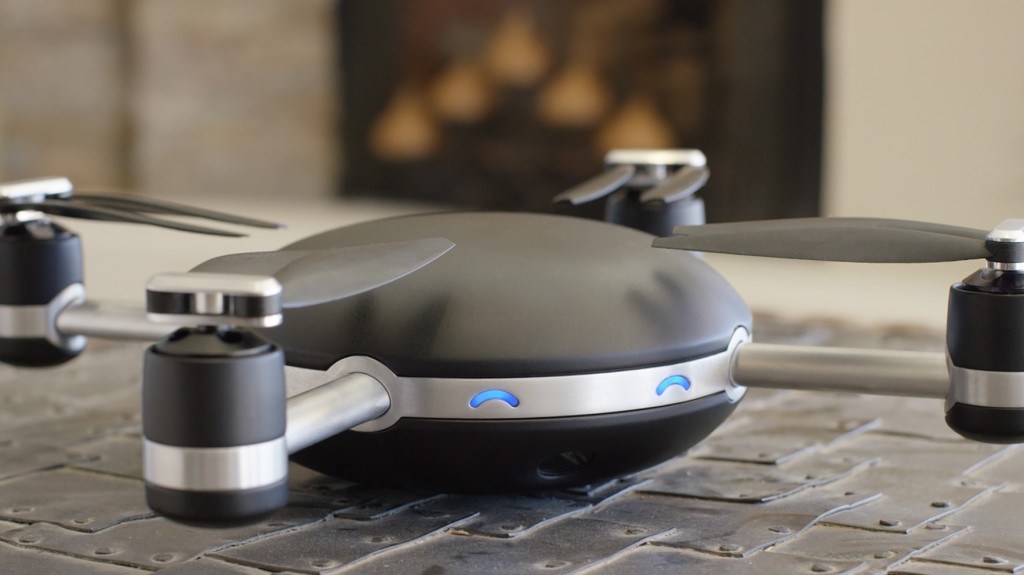
By Aaron Tilley and Ryan Mac
In May, Lily Robotics received a flurry of attention when it announced the pre-sale campaign for its flagship drone, which came with a slick launch video that showed a device that could be thrown in the air and autonomously follow its user. A little more than three months later, it’s no surprise that the company has also attracted the glances of investors.
According to regulatory filings provided to FORBES by VC Experts, a private market research firm, Lily is seeking to raise $15.5 million in a Series A round that would value the company at more than $100 million. It’s unclear whether any deal has closed, though one source suggested that the company was in talks with Boston-based Spark Capital to lead the round. Lily also raised $1 million in seed funding in 2014.
The company did not respond to a request for comment on its proposed funding round. Spark Capital also did not return a request for comment.
If Lily is able to raise the funding amount, it would be a significant accomplishment for a company that has yet to begin shipping its product. FORBES was able to the test the drone last May in San Francisco and it mostly worked, taking off when thrown into the air and following a demonstrator around without controls. It did not cooperate for everyone, however, as seen in this messy trial for The Guardian. Industry sources who are skeptical of the product noted that proposed features like the “follow me” capability take years of research to perfect and will be difficult to safely deploy in live environments.
Funding for drone companies has skyrocketed in the past year, especially in the consumer market. Chipmaker Intel INTC -3.57% invested $60 million into Chinese drone maker Yuneec in August, besting the $42 million raised by another Chinese manufacturer, Ehang, earlier in the month. In May, Shenzhen-based DJI, the world’s largest consumer drone manufacturer, raised $75 million at an $8 billion valuation from Accel Partners.
When it is complete, the Lily drone will be a quadcopter that can follow a user at speeds of up to 25 miles-per-hour at a height of 10 to 30 feet, the company said. The device will also include a camera to capture high-definition video (1080p at 60 frame-per-second.) Lily is positioning itself as a competitor with GoPro, which is set to unveil its own drone later this year.